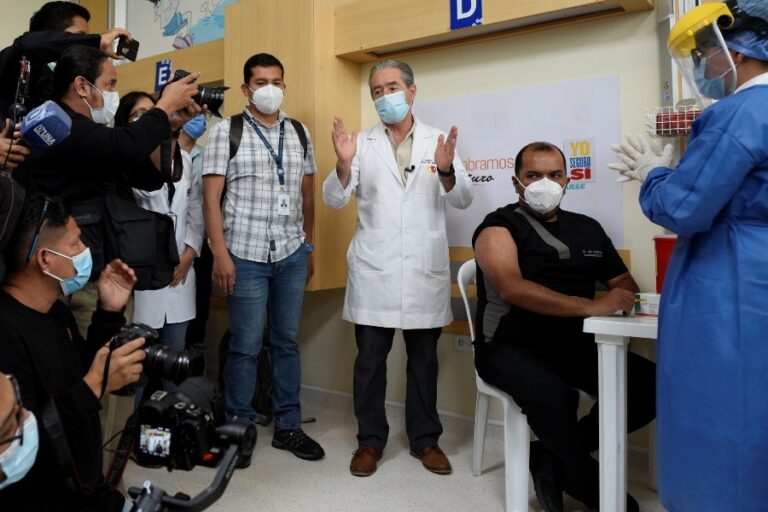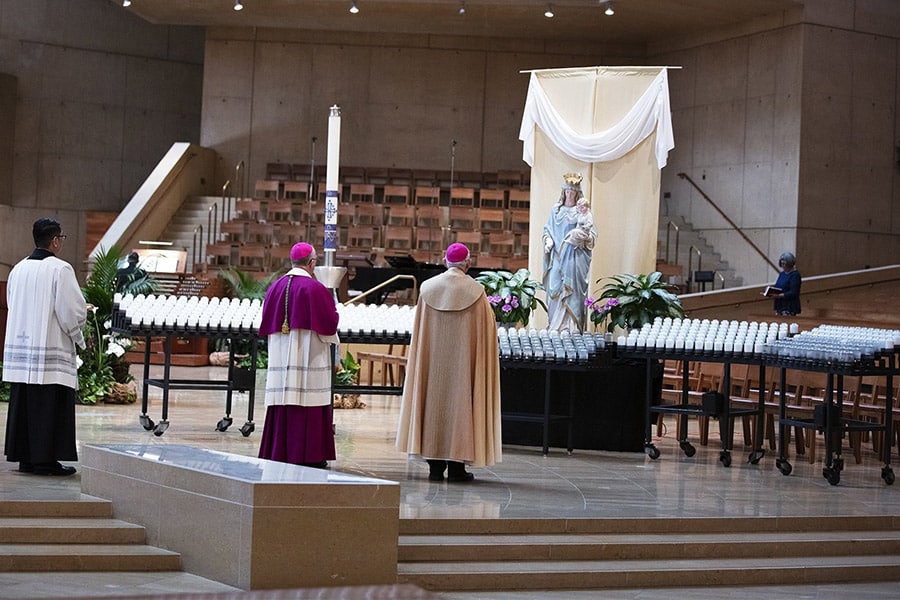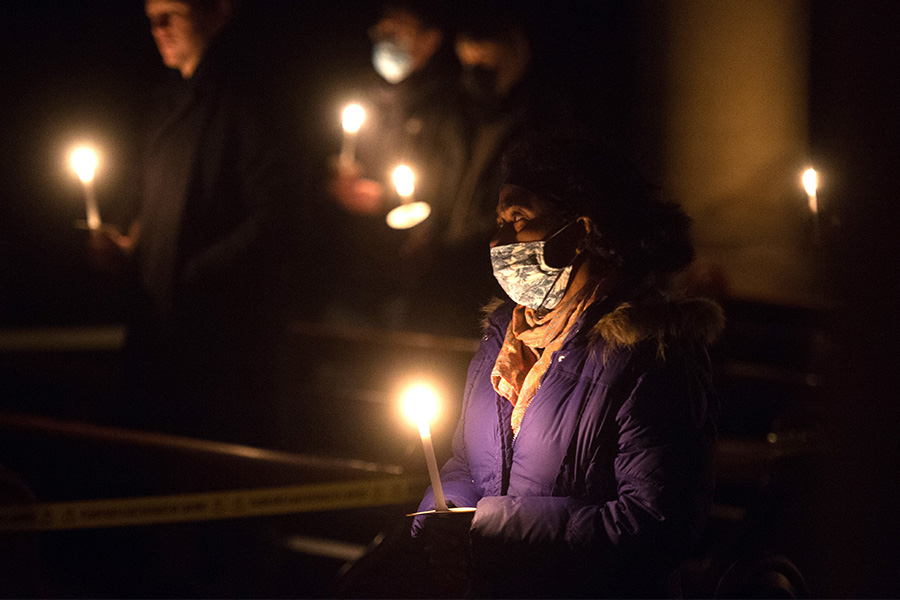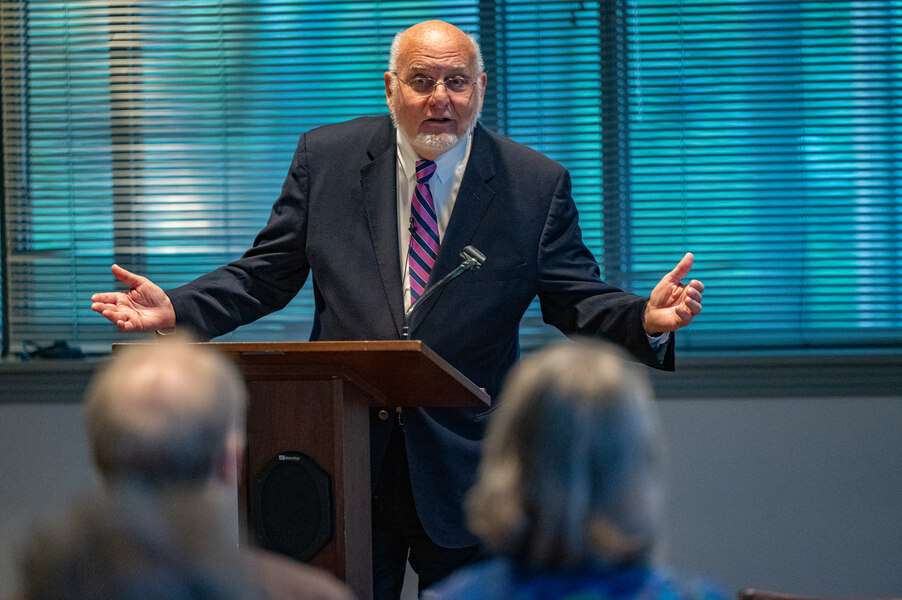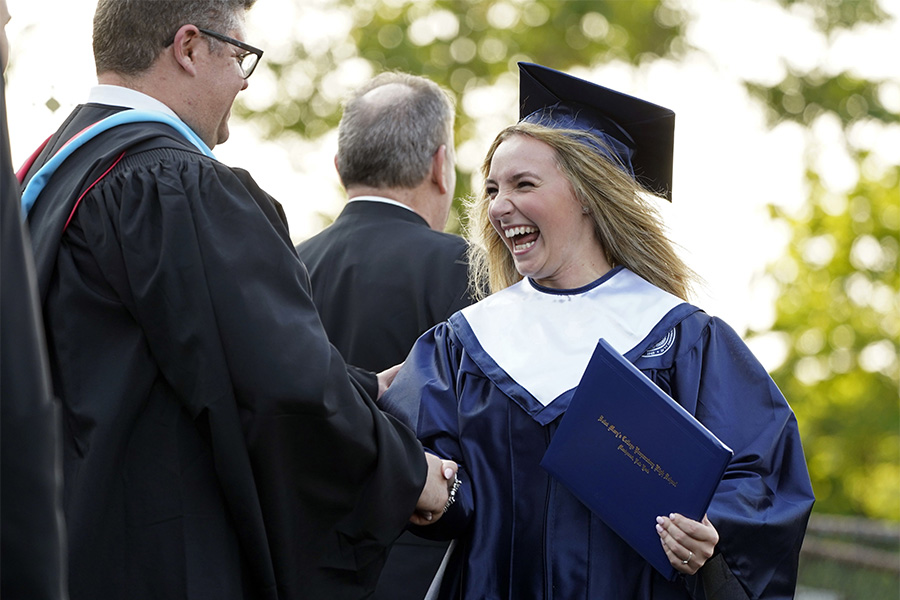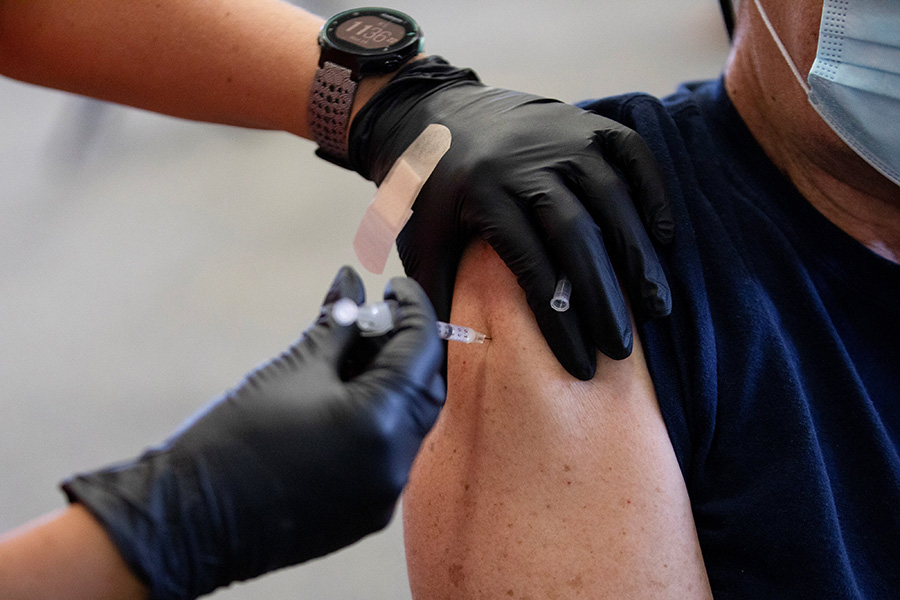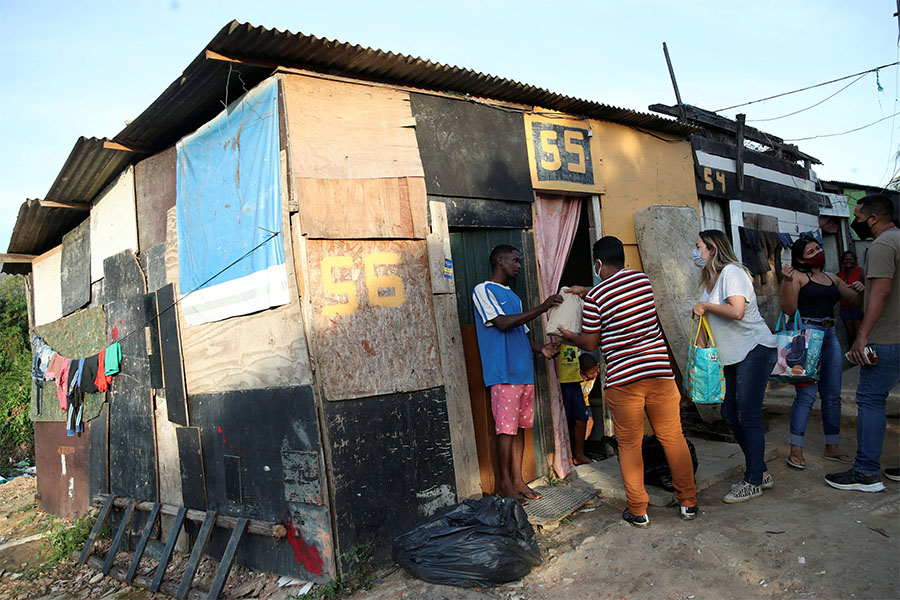ROME (CNS) — Several global institutions are working to find ways to allocate COVID-19 vaccines in ways that are equitable and effective in stanching the acute phase of the pandemic.
Everyone must have access to safe vaccines not only because it is ethical, but also because the infection is global and if vaccines are not available to everyone, the pandemic continues, taking even more lives and bringing more harm to individuals, communities and economies.
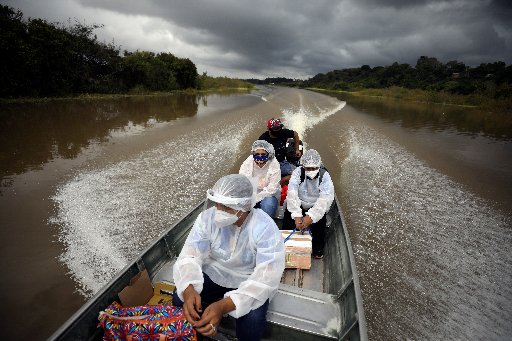
But the problem is that COVID-19 vaccines are currently limited, leading to the need to decide how the vaccines and supplies needed to store and administer them could be distributed in ways that are ethical and equitable. It is a question all governments, health care providers and international agencies must grapple with.
With expert input, ready resources and decades of experience, the most coordinated guidance for an equitable global distribution of COVID-19 vaccines has been coming from the World Health Organization. Its global framework for the equitable and fair allocation of COVID-19 products emphasizes global cooperation to maximize fair distribution.
From its values-based framework, the WHO proposed a population-based distribution plan. In phase one, countries would receive vaccines for 3% of their population, and phase two would bring the rate up to 20%, which is meant to cover prioritized categories.
That priority allocation within each country, the WHO suggests, should include health care workers and older adults with country-defined age cutoffs and groups who have regionally defined health conditions that put them at higher risk of severe disease or death.
In addition to its value-based policy recommendations, the WHO is also part of a vast global effort to turn the proposals into a reality for everyone.
While the richest countries could negotiate advance purchase agreements for vaccines with individual drug companies, that left smaller and poorer nations scrambling. At least 75% of the world’s people live in low- and middle-income countries.
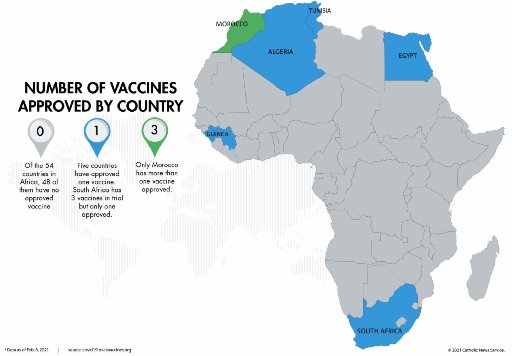
A global platform was created called the COVAX Facility, which pools individual buying power to procure large-scale volumes of COVID-19 vaccines for every nation or economy that wants to participate. The idea is by pooling resources and donations, it can negotiate the best prices and get agreements from drug companies on large volume guarantees across a range of promising vaccine candidates.
At present there are 190 economies participating with COVAX, which promises to offer them fair and equitable access to the vaccines using the WHO distribution plan.
The goal is to get enough doses of COVID-19 vaccines for at least 20% of participating countries’ populations and to have 2 billion doses delivered by the end of 2021. Of those 2 billion doses, 1.8 billion were earmarked for 92 poorer nations taking part in COVAX, which would cover 20% of their population.
As of mid-December, COVAX said it had secured nearly two billion doses of several vaccine candidates, which means all of COVAX’s 190 participating economies “will be able to access doses to protect vulnerable groups in the first half of 2021,” according to a WHO press release.
Donated funds will supply at least 1.3 billion doses for 92 eligible countries, it added.
UNICEF, which already works in more than 190 countries and territories to help vaccinate children, is working with governments and other partners to bring the vaccines to the people. UNICEF also is helping prepare the countries by coordinating and supplying transport, logistics and storage.
Already expert at supplying countries with single-use syringes and safety boxes for immunization programs, they plan to buy and deliver “an additional 1 billion syringes for the COVID-19 vaccine in 2021 and then potentially scaling up this amount to about 3.5 billion in 2022,” according to UNICEF’s supply division website.
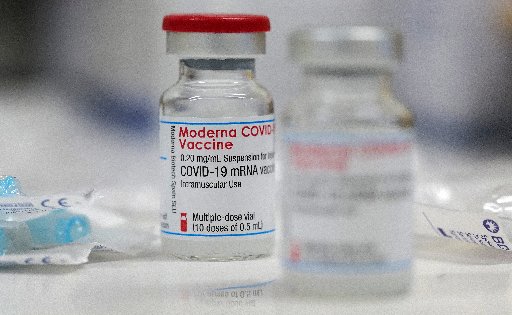
Another effective way to help distribute COVID-19 vaccines more equitably would be to eliminate the need for storage at ultra-low temperatures.
The Coalition for Epidemic Preparedness Innovations (CEPI), which co-leads the COVAX Facility together with WHO and Gavi, the Vaccine Alliance, was launched in 2017 to develop vaccines to stop epidemics.
CEPI is investing in and evaluating candidate COVID-19 vaccines, including “next generation” candidates that do not use “cold-chain” management, which is difficult for communities that are poor, remote or facing natural disaster or conflict.
Chinese and Indian researchers have been developing COVID-19 vaccines that can be kept viable at room temperature or are tolerant of high temperatures. And researchers in the United Kingdom are looking at a vaccine that would not be injected but would be in solid-dose form.
Richer governments have a role in ensuring equitable global access by not monopolizing vaccine supplies with their ability to secure deals directly with drug manufacturers.
Tedros Adhanom Ghebreyesus, director-general of the WHO, said Jan. 26 that these bilateral deals were putting plans to offer rapid and equitable access to COVID-19 vaccines at risk since COVAX must compete for the same limited supplies and the competition drives up vaccine prices.
“To put it bluntly: many countries have bought more vaccine than they need,” he said.
“Vaccine nationalism is self-defeating and inefficient, leaving the world’s poorest and most vulnerable people at risk,” he warned. “The emergence of rapidly spreading variants makes the urgent and equitable rollout of vaccines all the more important.”
“2021 could be a year with renewed hope that we can overcome the acute phase of the pandemic,” he said, and “we cannot succeed as countries acting alone. Global solidarity is the only way forward.”
Also see
Copyright © 2021 Catholic News Service/U.S. Conference of Catholic Bishops

